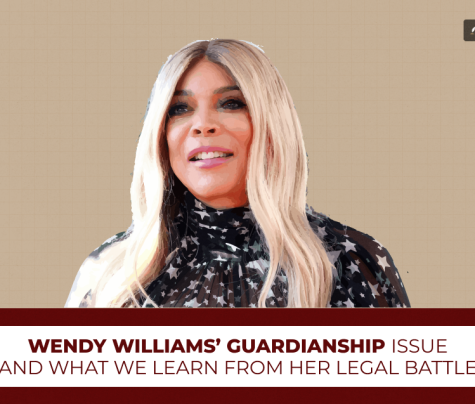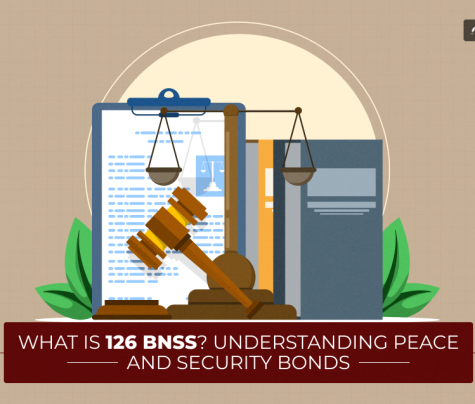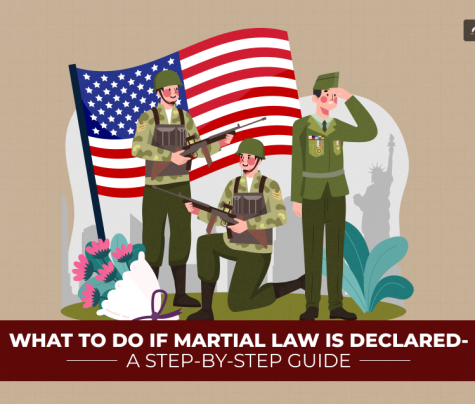
Do you need a lawyer for divorce? If this is your question, the answer is, “It depends!” The factors to consider are the amicability of the divorce and the assets involved in a specific case.
Suppose the complexity of your divorce case is less, and you don’t have to consider much about children and responsibilities. You can manage the divorce case with a little involvement from the legal professional. However, with rising complexities, you will need the guidance of a legal professional throughout the whole process.
Based on what is most suitable to expedite the case, your lawyer will guide you with alternative dispute resolution methods or even trials.
When Do You Need a Lawyer for Divorce?
Deciding to hire a divorce law firm can impact the outcome of the proceedings. With irreconcilable differences in your marriage, a divorce lawyer will ensure a fair resolution and reasonable judgment.
Here, I have discussed the specific situations in which the assistance of a divorce lawyer becomes essential.
High Net Worth Couples
While you can seek divorce through the process of mediation, a lawyer’s intervention is always essential if assets and property-related affairs are there. Marital assets include:
- Multiple properties
- Business ownership
- Extensive investments
- Other significant financial investments
- Mortgages
- Medical bills
- Credit card balances
- Other obligations during the marriage, incurring debts
Assessing and dividing the assets are complicated tasks. The lawyer you have hired will ensure that your assets are identified, accurately valued, and equitably distributed. See how we can help by visiting our website to understand the full scope of services we offer in navigating these complex financial matters.
“Illinois law requires that marital property and marital debts be divided “equitably” which may or may not be equally.”
The Illinois State Bar Association has a clear guideline about equitable marital property distribution. The following factors are considered in this process.
- The financial situations of either party
- The contribution either party has made in acquiring the property
- Whether you have used the marital income for any other purpose than marriage
- Provisions for any “children of the marriage.”
With a lawyer, there will also be the right assessment of the hidden assets and any form of financial manipulation.
Child Custody and Support Issues
Determining who will have primary child custody, how visitation will be handled, and the amount of child support can be contentious. The Illinois State Bar Council now calls child custody as “Parental Time and Responsibilities.”
A lawyer can advocate for your parental rights and help develop a custody arrangement that is in the best interests of your children. Additionally, they will ensure a fair calculation of the child support, including account income, expenses, and the needs of the children.
The judge can also appoint an attorney who will represent your child in court. You (the parties involved) will be responsible for paying the attorney’s fees. The judge will decide parental time according to what serves the child best. The judge will consider the schedules of the parents and children and how cooperative the parties involved are in deciding parental time or schedule.
Spousal Support
Spousal support, or alimony, is another area where a lawyer is often necessary. The determination of support can depend on a variety of factors, including the length of the marriage, the standard of living during the marriage, and each spouse’s earning capacity.
Additionally, support determinations can be influenced by a spouse’s need for schooling or certification to rebuild his or her life. A lawyer can help you understand your rights and obligations regarding spousal support.
High Conflict Divorces
Emotions and frequent disputes make high-conflict divorces more complicated. Further, in these cases, severe issues like infidelity, substance abuse, and domestic violence are major concerns. Sometimes, proving the charges against your spouse becomes crucial for the merit of the case. So, if your divorce case is a high-conflict case, you will need a lawyer’s intervention throughout the process.
Further, in these cases, communication between the spouses becomes difficult. Your divorce lawyer will function as an intermediary to reduce conflict and reach a middle ground. In addition, if your spouse is trying to intimidate you and there are other safety concerns, your divorce lawyer will represent you in court to protect your rights.
Contesting a Prenuptial Agreement
A divorce lawyer thoroughly reviews the prenuptial agreement’s validity, ensuring it meets legal standards and proper execution.
A lawyer can identify coercion or lack of disclosure issues and argue for or against the agreement’s enforceability in court.
Final Words On Why Do You Need A Lawyer For Divorce
Are you still confused about whether you need a lawyer for divorce or not? While not every divorce requires a lawyer, there are many situations where legal representation is crucial to protect your interests.
You cannot overlook the complexities related to financial situations, legal complications, and child custody. The process should be meticulous and impeccable if you want to get rid of a marriage facing irretrievable breakdowns and protect all your rights.
A random person can’t know about all the clauses and requisites of divorce law and run or close the case in the best interest.
Frequently Asked Questions (FAQs):
Can You Get Divorce In Illinois Without A Lawyer?
Yes, you can get an uncontested divorce without a lawyer in Illinois. For an uncontested divorce, both parties need to agree on every aspect mentioned in their marital settlement agreement.
However, as you are proceeding without a lawyer, make sure to fulfill all requirements before filing the case.
How Long Does A Divorce Take In Chicago?
For a contested divorce in Illinois, you will have to wait for six months. The finalization of your divorce case will take between two months and a few years.
Of course, the complexity and nature of your case will determine how much time it’s going to take.
What Is The Fastest Way To Get A Divorce In Illinois?
The firstest disposal of a divorce case in Illinois is possible through an uncontested divorce. An uncontested divorce is only possible when you and your spouse mutually agree on all aspects related to your case.
Further, the process of an uncontested divorce starts with your spouse signing the Entry of Appearance, Waiver, and Consent form.
Read Also:
- Family Laws In Australia: Understanding Your Rights As A Parent
- What If You Can’t Afford a Family Lawyer? Explore Options
- How Family Mediation Promotes Cooperation











0 Reply
No comments yet.